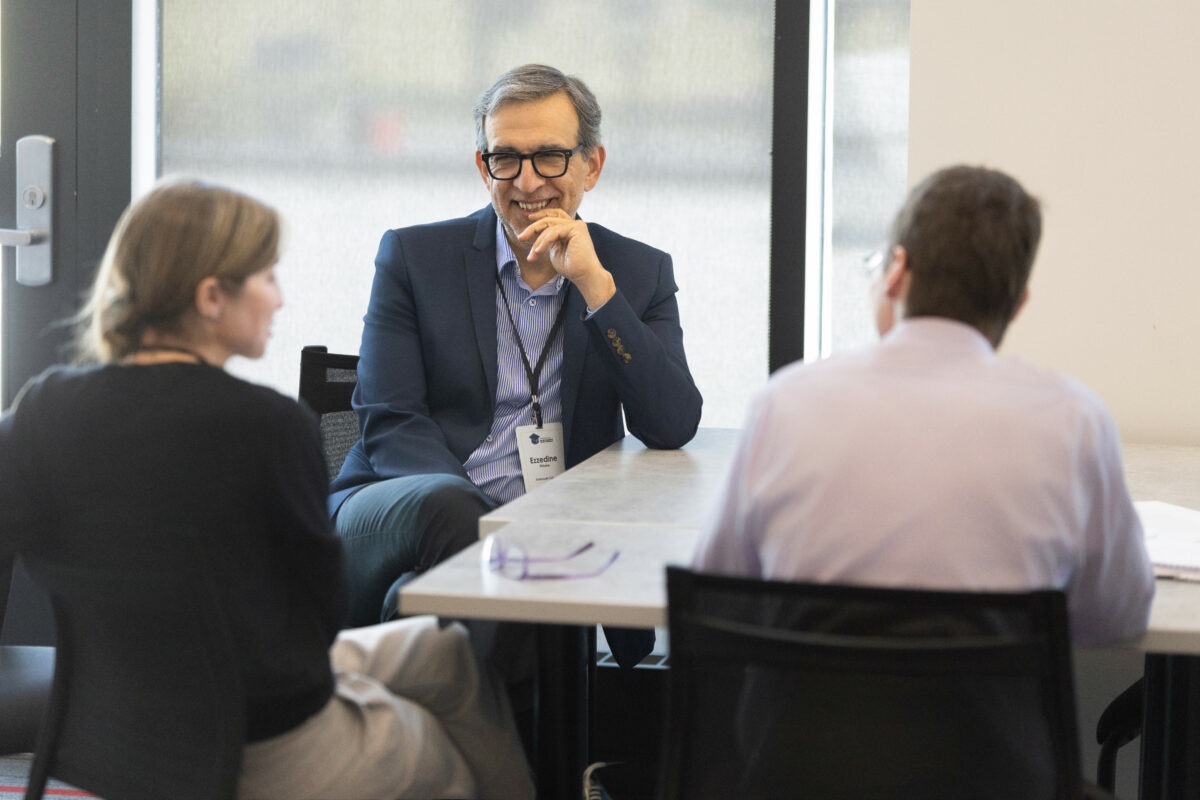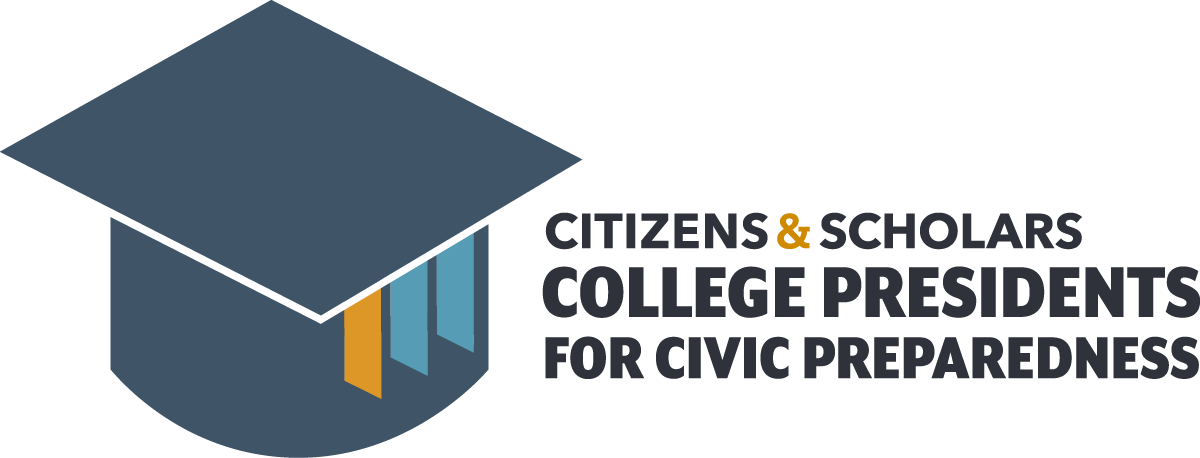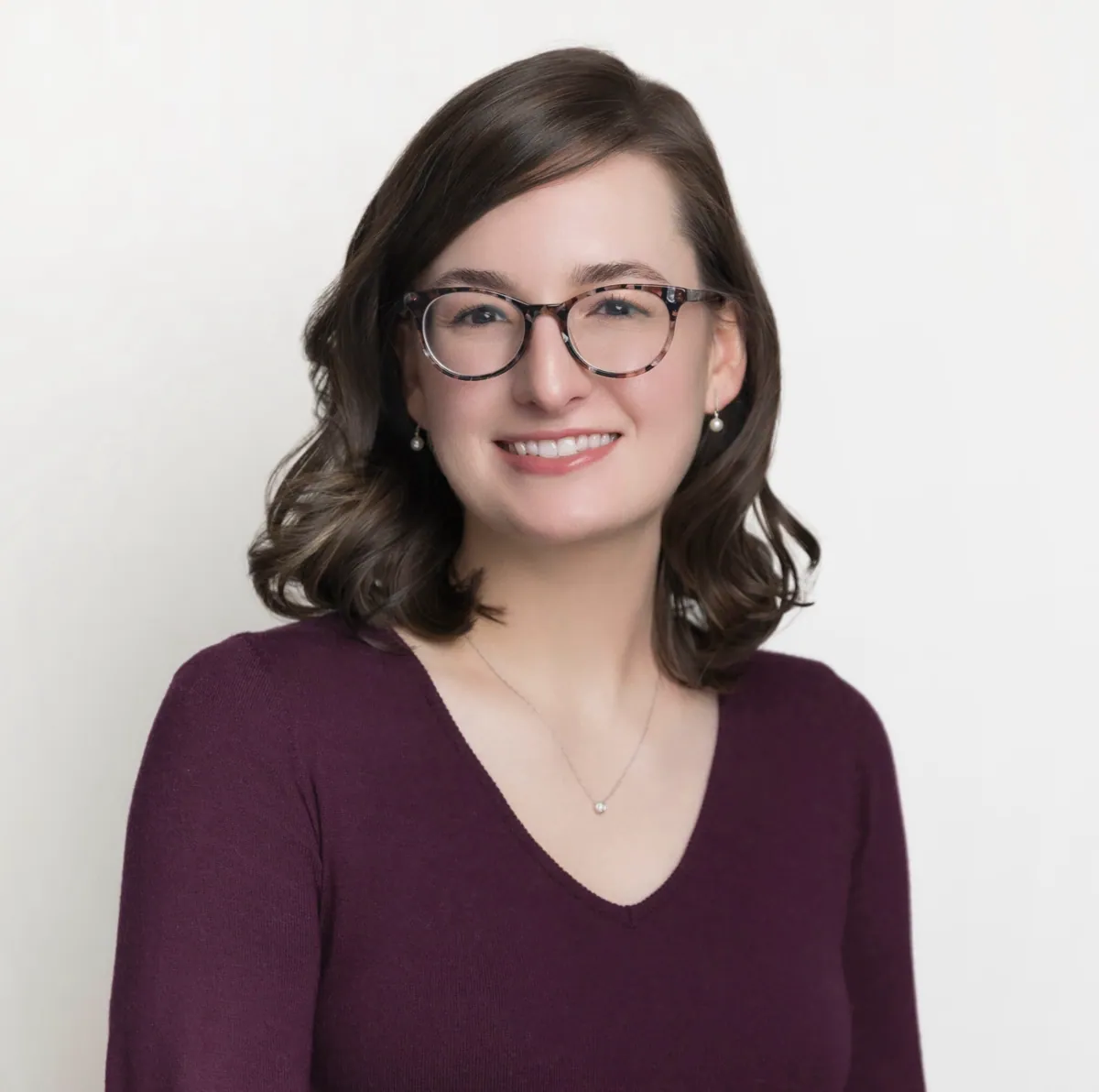5 Minutes with Faculty Institute Leaders: Meeting Higher Ed’s Democratic Mission
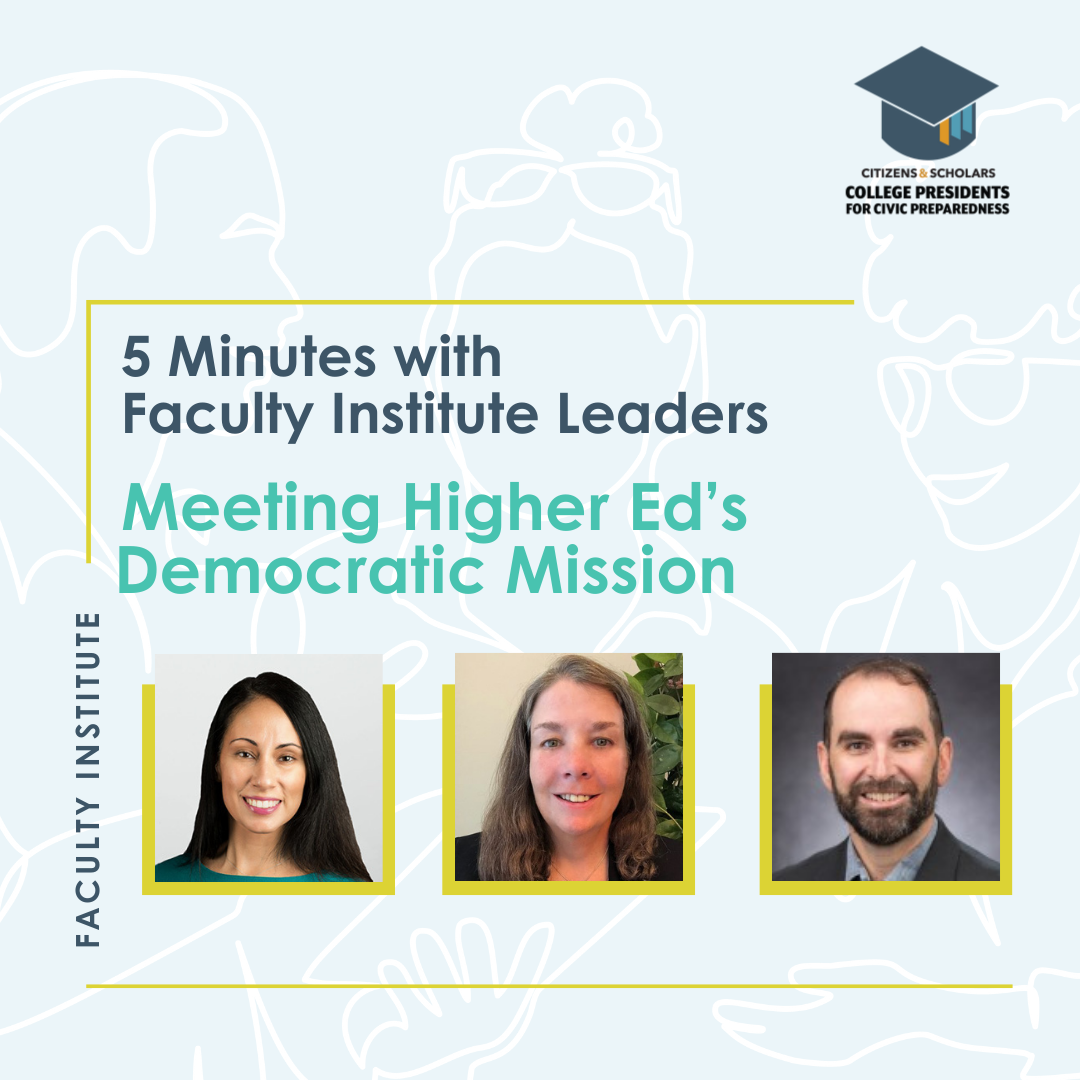
The College Presidents for Civic Preparedness Faculty Institute helps interdisciplinary educators across the country gain the skills and confidence to redesign or create new courses that promote dialogue across difference and become champions of this work on their campuses. What does this work mean for our democracy, the future of higher education, and preparing a rising generation of empowered citizens?
In this interview series, Citizens & Scholars explores these questions and more with Janett Cordovés, Senior Program Director, alongside two Faculty Fellows. Leila Brammer is the Director of Outreach and Curriculum Development at the University of Chicago. Nick Longo is a Professor in the Department of Global Studies and a Faculty Fellow for Engaged Scholarship at Providence College.
How do you think the Faculty Institute is an effective intervention in re-instituting the democratic aim of higher education?
Nick Longo: If you want a transformational impact in higher education, you must work inside the curriculum. You can’t be working on the margins. And so, the way you get to be engaged with curricular work is to work with faculty. Faculty are the lifeblood, the folks that are long-term committed to an institution. In a lot of ways, institutional change must go through them. It’s strategic. And I think presidents know that, and that’s why the presidents said, “Hey, this is what we suggest you focus on.”
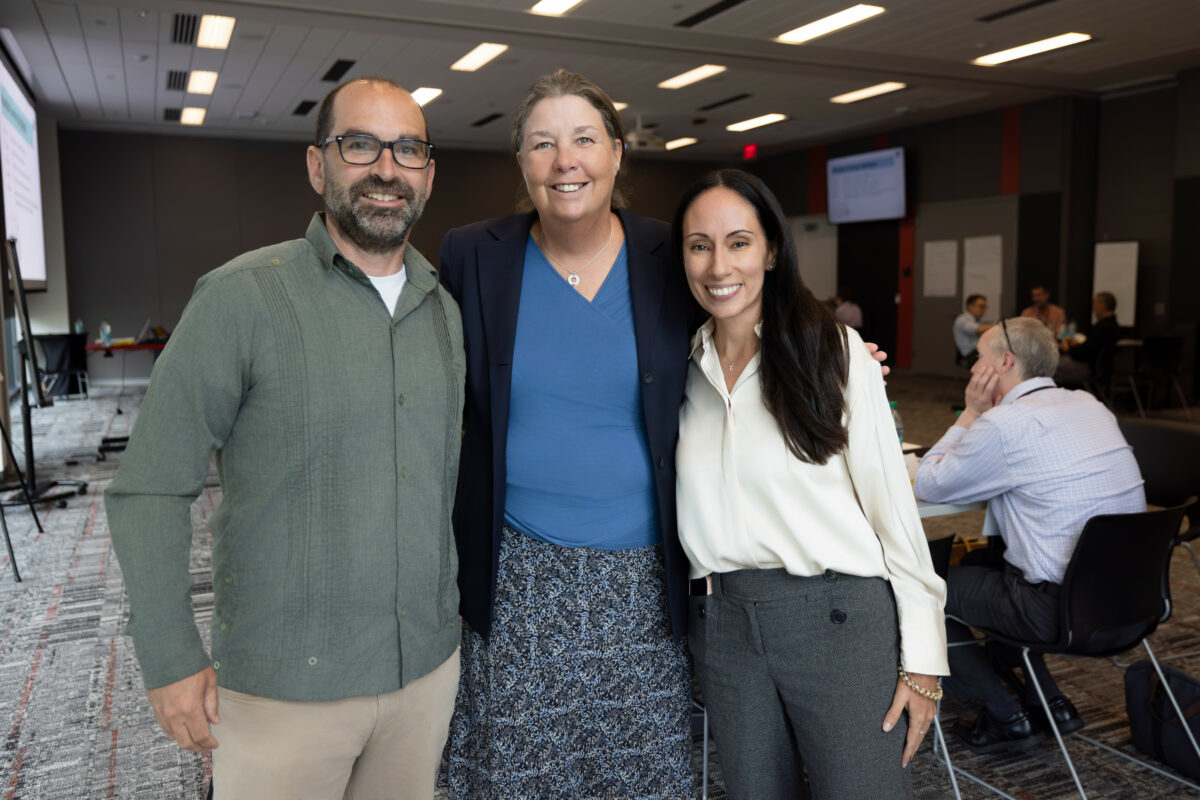
Leila Brammer: Many faculty said before they came here that they see themselves as democratic educators. But now they are intentionally thinking about how they’re embedding it directly in their courses. I think there’s an intentionality of bringing faculty together and having them spend the time to understand, “Oh wait, I’m doing that. I can incorporate and deepen what I do, and I have the language to talk about it with my colleagues.”
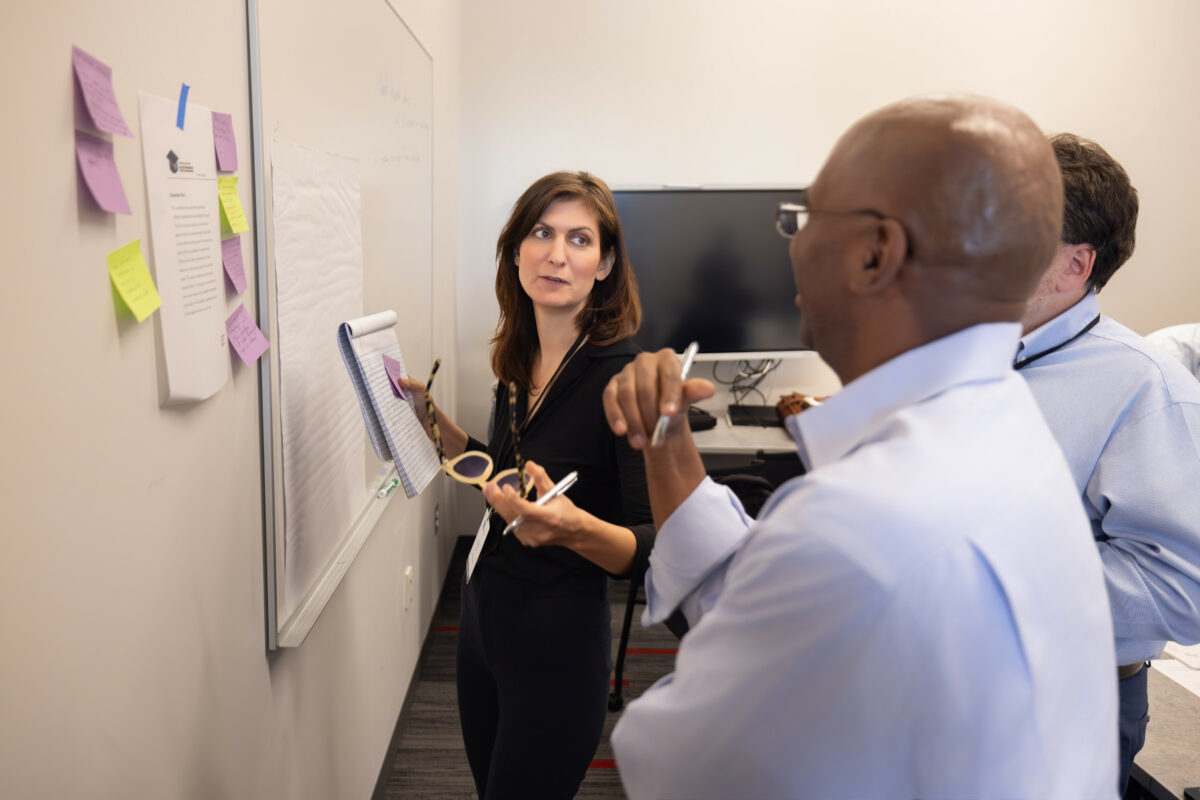
Janett Cordovés: We know from research there’s an exhausted majority and faculty have had a hell of a year. It’s an opportune time to have a moment to reengage with their institution’s mission and their work and revamp their curriculum. That can have a big cultural shift and create change on campus. I mean, just coming off a very long year of attacks on higher education, encampments, an upcoming election, and feeling like democracy is in a very fragile state. The Institute has rejuvenated faculty to think about their possible influence on what will occur in the classroom and beyond and the important role faculty play in strengthening our democracy.
